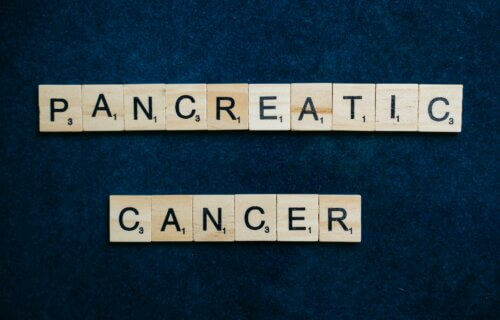GAINESVILLE, Fla. — Pancreatic cancer is an especially elusive form of the disease, known to go undetected in many patients for quite some time due to lack of symptoms. This “silent” nature allows pancreatic cancer to progress undetected and spread to other organs. Researchers from the University of Florida, however, report that two drugs may be able to stop pancreatic cancer before it has a chance to start by reversing a key cellular process involved in its progression.
Scientists have identified two molecules that appear capable of inhibiting precancerous cell progression. The molecules also reversed a process called acinar ductal metaplasia (ADM) which precedes pancreatic cancer.
This discovery could save countless lives. Per the National Cancer Institute, over 60,000 Americans will be diagnosed with pancreatic cancer this year. Even worse, only one in 10 survive the next five years after diagnosis. Pancreatic cancer is the third leading cause of cancer deaths in the United States.
“To our knowledge, this is the first time researchers have been able to pharmacologically reverse ADM,” says senior study author Tom Schmittgen, Ph.D., chair of the department of pharmaceutics in the UF College of Pharmacy, part of UF Health, the university’s academic health center, in a media release. “With these compounds, we could potentially treat a pancreatic cancer patient at an earlier stage of the disease and hopefully improve the treatment options available.”
How does the treatment prevent cancer?
ADM typically occurs at the same time as inflammation. It serves as a defense mechanism to help the pancreas avoid making too many digestive enzymes and destroying itself. During ADM, stable, enzyme-making acinar cells transform into protective ductal cells lining the pancreatic duct. However, if some specific genes mutate during the transition, the cells can become precancerous, and eventually, cancerous.
To investigate ADM, the team at UF built a laboratory model using animal cells with pancreatic cancer in addition to tissue taken from a healthy human patient. Scientists then introduced the two compounds to the cells. Chenglong Li, Ph.D., the Nicholas Bodor Professor in Drug Discovery in the UF College of Pharmacy, developed one of the compounds.
In response, the ductal cells changed back into acinar cells. This is very notable because pancreatic cancer is preventable when acinar cells remain in their natural state.
“The findings are significant because we have now demonstrated that ADM can be reversed using drugs,” says Prof. Schmittgen, who also serves as the V. Ravi Chandran Professor of Pharmaceutical Sciences in the UF College of Pharmacy. “This research may lead to developing treatments for patients who are at a high risk for pancreatic cancer development.”
Moving forward, Prof. Schmittgen hopes this study will lead to a new way to treat pancreatic cancer by manipulating ADM. Future research is already in the planning stages — involving the testing other compounds in collaboration with Hendrik Luesch, Ph.D., a co-author of this study and a professor and chair of medicinal chemistry and the Debbie and Sylvia DeSantis Chair in Natural Products Drug Discovery and Development in the UF College of Pharmacy.
The findings appear in the journal Cell Death Discovery.


What drugs? Secret because proprietary?